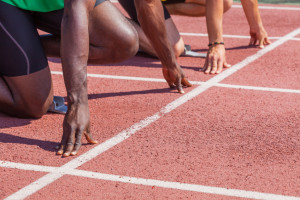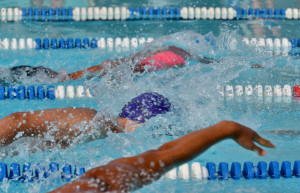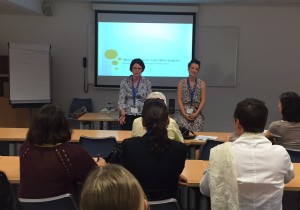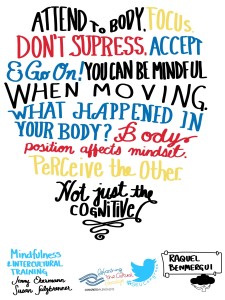You spend hours training your body, now train your mind to prepare and be ready for competition!
 Mindfulness can not only enhance athletic, academic, or work performance; it also has a profound impact on stress resistance, resilience, emotional balance, team work, mental habits to only name a few. How does this happen? With guidance and practice you learn how to let go of disrupting thoughts to be able to increase your focus and physical awareness on what is really present for you at that very moment. You become very self aware in terms of what is going on in your body and mind and to respond rather than react to stressors, difficult situations, triggers etc.
Mindfulness can not only enhance athletic, academic, or work performance; it also has a profound impact on stress resistance, resilience, emotional balance, team work, mental habits to only name a few. How does this happen? With guidance and practice you learn how to let go of disrupting thoughts to be able to increase your focus and physical awareness on what is really present for you at that very moment. You become very self aware in terms of what is going on in your body and mind and to respond rather than react to stressors, difficult situations, triggers etc.
There are a multitude of examples where mindfulness has significantly improved athletic results as well as peak performance or even team cohesion and team performance.
The same skills practiced in your mindfulness training will then enhance your training and help you deal with injuries and other challenges, giving yourself a competitive edge. Additionally, the competences that you will have gained will also significantly impact your attitude and behaviour so that you can benefit from them in the classroom as well as in life off the court, field or track.
Susan Salzbrenner, author of “Play Abroad 101 – Your ultimate guide to success as an athlete abroad” has interviewed me in her podcast about mindfulness for athletes and its benefits. Click here to read more and listen in!
 Looking forward to your reactions! I accompany athletes, adults and children through individual coaching and training geared towards their particular needs in mindfulness. I also organise retreats and group courses.
Looking forward to your reactions! I accompany athletes, adults and children through individual coaching and training geared towards their particular needs in mindfulness. I also organise retreats and group courses.
Contact me to learn more!


